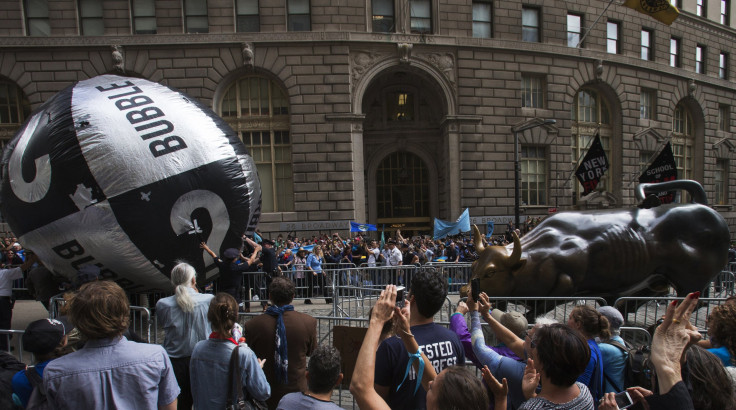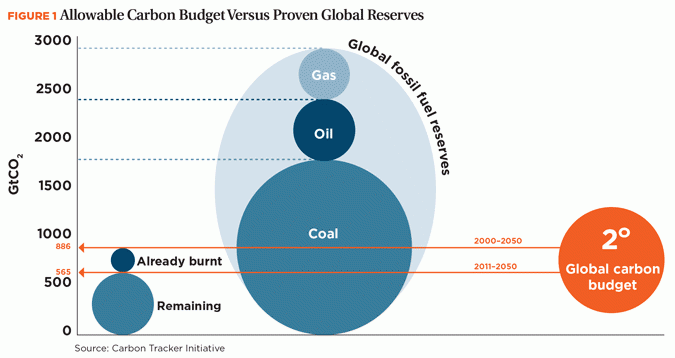UK Central Bank Chief Warns Over Climate Change's 'Potentially Huge' Hit To Investors

The head of the Bank of England took a step few other central bankers have yet taken. He acknowledged climate change.
In a speech this week, Mark Carney, the Bank of England governor, said fossil fuel investments could impose “potentially huge” losses to investors as carbon assets become increasingly off-limits in a world attempting to stem catastrophic climate change.
Carney’s comments came on the occasion of the Bank of England’s first report examining the financial implications of climate change, which described how a heating world with rising oceans could wreak havoc on British insurers.
The central banker's speech took on a wider purview, however, outlining the systemic risks posed by so-called stranded assets. These are coal, oil and gas deposits that scientists agree would need to remain in the ground if humans really wanted to keep global warming below 2 degrees Celsius above pre-industrial levels.
“A wholesale reassessment of prospects, especially if it were to occur suddenly, could potentially destabilize markets,” Carney said, citing projections that as much as one-third of the untapped fossil fuels currently owned by extraction companies could become worthless under a concerted environmental protection regime.

“Once climate change becomes a defining issue for financial stability, it may already be too late,” Carney was quoted saying in the Financial Times.
The issue is hardly relegated to the U.K. According to the British environmental group Carbon Tracker, which has pushed central banks to grapple with the issue, nearly 10 percent of the New York Stock Exchange’s $18 trillion market capitalization is tied up in fossil fuel companies, which would almost certainly take a hit in a stranded-asset scenario.
Yet the Federal Reserve, the Bank of England’s American counterpart and the institution charged with maintaining financial stability, has yet to broach the topic. Fossil fuel companies largely reject the premise that carbon assets could become stranded, pointing to increased energy demands from the developing world.
© Copyright IBTimes 2025. All rights reserved.






















